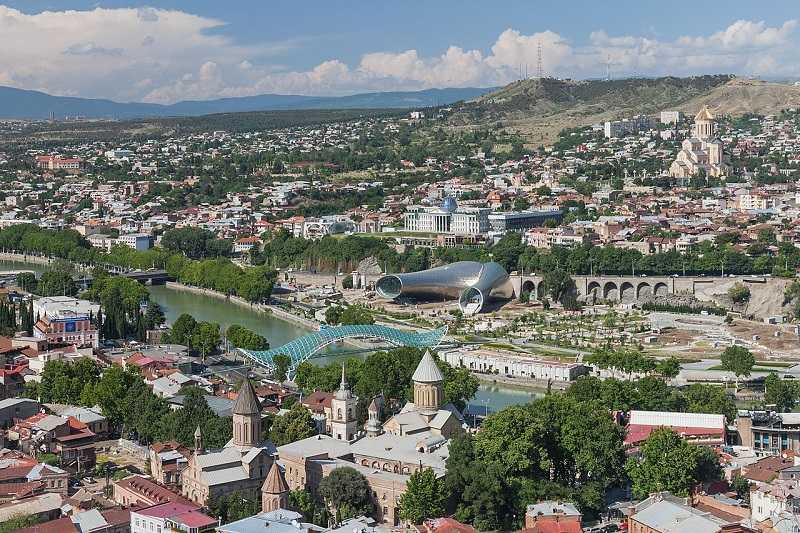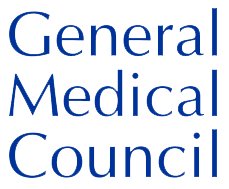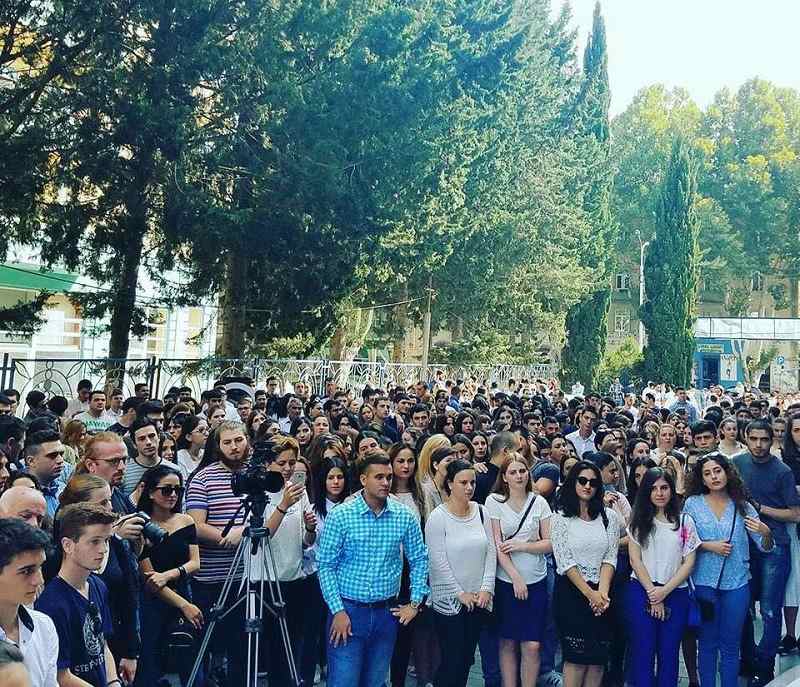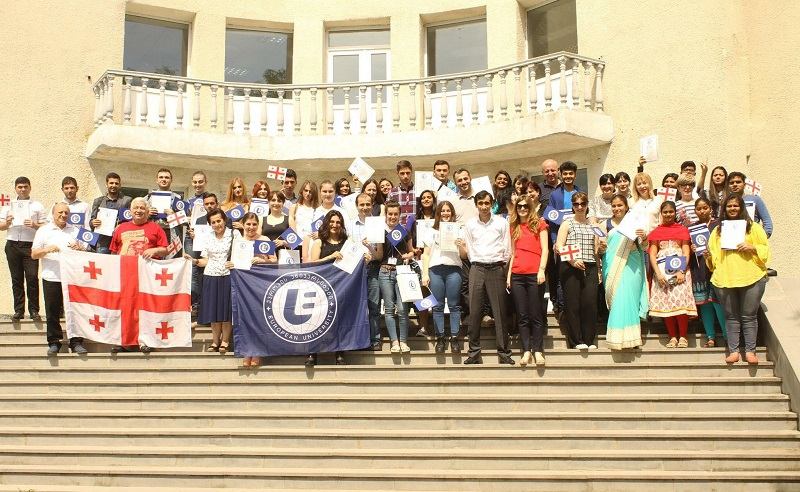Georgia's standard of living is near European levels, but accommodation, food, transportation, and leisure are all fairly inexpensive in comparison to many other European countries, That’s why Georgia stands out for its low living costs.
For example, the capital Tbilisi's cost of living is among the 15% most affordable cities, and average living expenses are much cheaper than the rest of Europe. As a result, international students flock to Georgia to pursue high-quality medical education in English.
The price for a 40-60m2 apartment in Tbilisi starts at around £180 per month, and it can be shared by several students. Hotel rooms start at £40 per day. Utilities, food, leisure, and other expenses will cost you between £150 - £250 monthly.
International student safety in Georgia
In general, Georgia is very safe for tourists and students. It has one of the lowest crime rates in Europe and the world. Universities make their campuses and the areas around them safe for students. In addition, every university campus is protected by security guards and has CCTV cameras for extra security.















